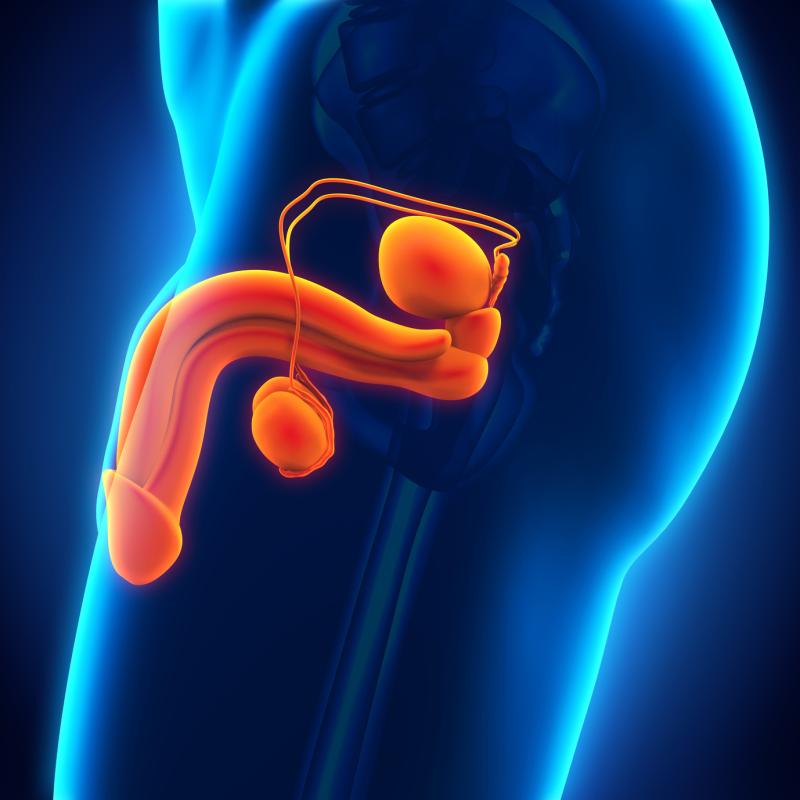Symptoms of Sexual Dysfunction
Disorders can negatively affect sexual life. It can often reduce a person's quality of life. This can occur in different areas such as desire, arousal, orgasm and pain. A state in which the individual has no sexual urges or desires symptoms of sexual dysfunction It is called.
What are the symptoms of sexual dysfunction?
Symptoms vary from individual to individual, and different types may present different symptoms. Sexual reluctance refers to a state in which urges or desires are diminished or absent. The person may feel like they are not interested in sexual activities. In such disorders, the person has difficulty in arousal processes. Arousal may be low, it may not provide adequate vaginal lubrication or erection during stimulation.
Orgasm disorders may include difficulties in experiencing orgasm (the moment of satisfaction and pleasure). The person may have difficulty reaching orgasm or may not be able to reach orgasm at all. Conditions such as vaginismus or dyspareunia can cause intercourse to be painful or uncomfortable. These conditions can often be caused by physical or psychological factors. Premature ejaculation refers to the situation when a man unintentionally ejaculates too early during intercourse.
This can lead to decreased satisfaction. As a result of the disorders, the level of satisfaction may decrease. If the person is not getting enough pleasure or satisfaction from the relationship, this may be a symptom. Transsexuality, symptoms of sexual dysfunction may cause the condition. These symptoms are generally common symptoms. However, each individual is different and the same symptoms may occur for different reasons. If you or someone you know is experiencing such symptoms, they should contact a healthcare professional. Appropriate treatment options should be evaluated.
What are the factors that cause sexual dysfunction?

The causative factors can be quite diverse. They usually occur as a result of the interaction of more than one factor.
Psychological Factors: Intense stress, anxiety and difficulties of daily life can negatively affect sexual functions. Depression can reduce desire and inhibit responses such as orgasm. Relationship problems, lack of communication, etc. symptoms of sexual dysfunction causes it to happen.
Relationship Factors: Lack of healthy communication is necessary to solve problems. Poor communication can lead to dissatisfaction. Incompatibility between partners can lead to serious problems.
Changes in hormone levels can have an impact on desire and arousal. Chronic health problems such as diabetes, heart diseases and obesity affect sexual functions. Some medications can negatively affect functions. For example, antidepressants can cause aversion.
The aging process can cause changes in sexual functions. Problems may occur frequently, especially during menopause or andropause. Excessive alcohol consumption and substance use can negatively affect functions. Lack of sleep can negatively impact desire and performance.
Insufficient information can make solving sexual problems difficult. False beliefs and feelings of shame or guilt can interfere with functioning. An important point to remember is that most disorders are treatable. If symptoms of sexual dysfunction If you are experiencing it, you should talk to a healthcare professional. This way you can get support about your situation.
What are the Symptoms of Sexual Dysfunction and Treatment Methods?

Treatment methods may vary depending mainly on the cause of the disorder. Psychotherapy, symptoms of sexual dysfunction helps solve the problem. Sex therapy or cognitive behavioral therapy may also be helpful.
Some disorders may occur due to hormonal imbalances or chemical reasons. In these cases, doctors may prescribe certain medications. For example, PDE5 inhibitors or libido-enhancing drugs may be used for erectile dysfunction (impotence). However, drug treatment may not always be necessary and a doctor should be consulted. Relationship problems may trigger this situation. Couples therapy helps them address relationship problems and increase sexual satisfaction. Lack of knowledge, false beliefs or myths can cause sexual dysfunction.
Sex education helps individuals understand sexuality and discover their partners. Stress, poor nutrition, inadequate sleep and lack of physical activity contribute. Establishing healthy lifestyle habits can positively impact overall health and functioning. Some therapists can teach techniques to help individuals increase their satisfaction. Due to hormone imbalances sexual dysfunctionIt is tried to be corrected with hormone therapy. Treatment methods may vary depending on the person's specific condition and cause. Therefore, consulting a healthcare professional is important to determine the most appropriate treatment approach.






